PAKISAMA, in partnership with the Asian Farmers Association for Sustainable Rural Development (AFA), the Indonesian Institute for Forest and Environment (RMI), VOICE-Global, Youth and Land Asia (YLA), and the International Land Coalition (ILC), has successfully conducted its leadership training last October 21st to 24th, 2020 for the indigenous youth of the Dumagat-Remontado tribe. The said event took place in Brgy. Daraitan, Tanay, in the province of Rizal where the community of the Dumagat people is situated.
The training was organized with the aim of bringing together the IP youth in the community, which came from different places within the town, building camaraderie with one another, and ultimately strengthening their sense of community. The training also aims to teach the youth participants some technical but comprehensive topics essential to their leadership journey. This includes talks, workshops, and sharing sessions on leadership skills, gender sensitivity, and the state of IPs in the Philippine context.
For the first day, the participants got to know each other through an expectation setting workshop. While some participants commonly answered that they would want to know more about leadership, some wanted to learn the roots of their clan, some said farming, while others said that they’d want to learn how to use gadgets like computers and smartphones.
This was followed by individual self-introduction and sharing of what the participants like best as indigenous youth in their community. They shared their commonly liked local games such as lawin-lawinan, tumbang preso, and patintero, among others, and favorite local foods which are putangher (a vegetable dish with coconut milk), sinukmani (rice cake), bayuko (giant mountain snail), baboy ramo (wild boar), and other local cooked vegetable dishes.
In the afternoon, the session then shifted to a deeper form of getting to know each other by asking participants questions beyond their basic personal info such as the happiest and most challenging moments for them during the week and places they’d want to go to in the future.
For the first workshop, participants were asked about their take on modernity vis a vis their community. The majority agreed that their community may not be keeping up rapidly with the modern world especially in technology. As one participant, Jhana, said, “I realized that everybody is way ahead of us in terms of development, making our marginalized tribe to be more and more marginalized [upon comparing our community to modern-day culture and civilization like first world countries].”
The second day started off with a lecture from Kelvin Fugaban, PAKISAMA community organizer, on different types of leadership. Along with this, participants were asked through the subsequent workshop on their own perception of leadership and a leader.
Ichy, a youth participant, cited the difference between good and bad leadership. According to her, “A leader is the highest authority among us. There are also dictators who just command what we should and shouldn’t do. In leadership, however, there are good and bad forms of leadership. [The bad kind] is footed on greed and gluttony that is often present in politics.”
Other participants agreed on the principle that leaders are capable of being good and bad leaders. This is evident with some qualities of a good leader that the participants enumerated such as character, selflessness, diligence, and honesty, among others.
Kelvin also discussed the three ethical pillars of leadership which are the moral and ethical character of the leader, ethical process, and ethical goals and vision of the leader. He related this to five levels of leadership by John Maxwell; position, permission, production, people development, and person.
For the third day, Rene Cerilla, PAKISAMA Policy Leader, first discussed basic paralegal concepts to the youth participants such as the branches of government and how they operate followed by a brief talk about the Philippine Constitution and the Indigenous People’s Rights Act, the pioneer national legislation in terms of IP rights in the Philippines.
Ka Rene gave emphasis on the four bundles of rights namely, the right to ancestral domains, the right to self-governance, the right to social justice and human rights, and the right to cultural identity.
The next discussion focused on the Bill of Rights under the Constitution and its context with the local community. Sections discussed included the right against unlawful search, right to privacy in communication, freedom of speech and assembly, right to travel, right to organize, rights against illegal seizure and just compensation, rights of the accused, and other provisions.
For the next and last talk for the day, the topic was gender and development facilitated by Miguel Novero, PAKISAMA Gender Pointperson. The sharing revolved around the differences between sex and gender as well as gender norms and roles and a brief and comprehensive introduction on feminism.
After the talk, all groups agreed that an ideal and safe world for both sexes must include a safe and open space for communication. Alvin, a male participant, said, “Women must be respected and treated properly so that they may feel safe. Men should also protect women from abuse.” While Princess, a female participant from the other group opined, “We must let men show their emotions and vulnerability to let them know that we’re open for that. We should also get rid of gendering chores.”
In the evening, the participants, divided into groups, prepared and presented performances showcasing indigenous culture through a skit, song performances, and spoken word pieces narrating their experiences in the community as IP youth.
For the fourth and final day, a planning workshop facilitated by PAKISAMA staff was done with the youth participants. The first part consisted of the identification of issues they face in the community. As synthesized, the participants cited issues like including rights to land and resources (e.g. the construction of Kaliwa Dam), difficulty in distant learning due to the pandemic, healthcare services in the community, early pregnancy among teens, and absence of a bridge to cross the river.
As way forward, the participants identified a series of actions that they would like to undertake such as dialogues with local officials, education campaigns for the community, and advocacy campaigns for issues they identified.
For other related stories, check out the following hashtags on social media:
#BeingIndigenous
#BecomingIndigenous
#YouthandLand
#YouthandLandAsia


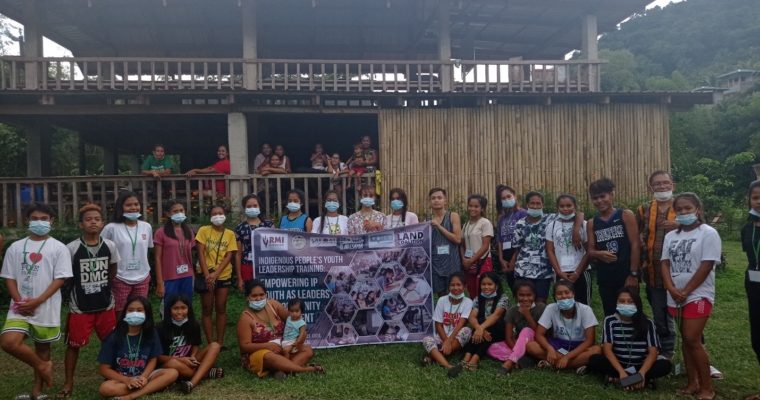
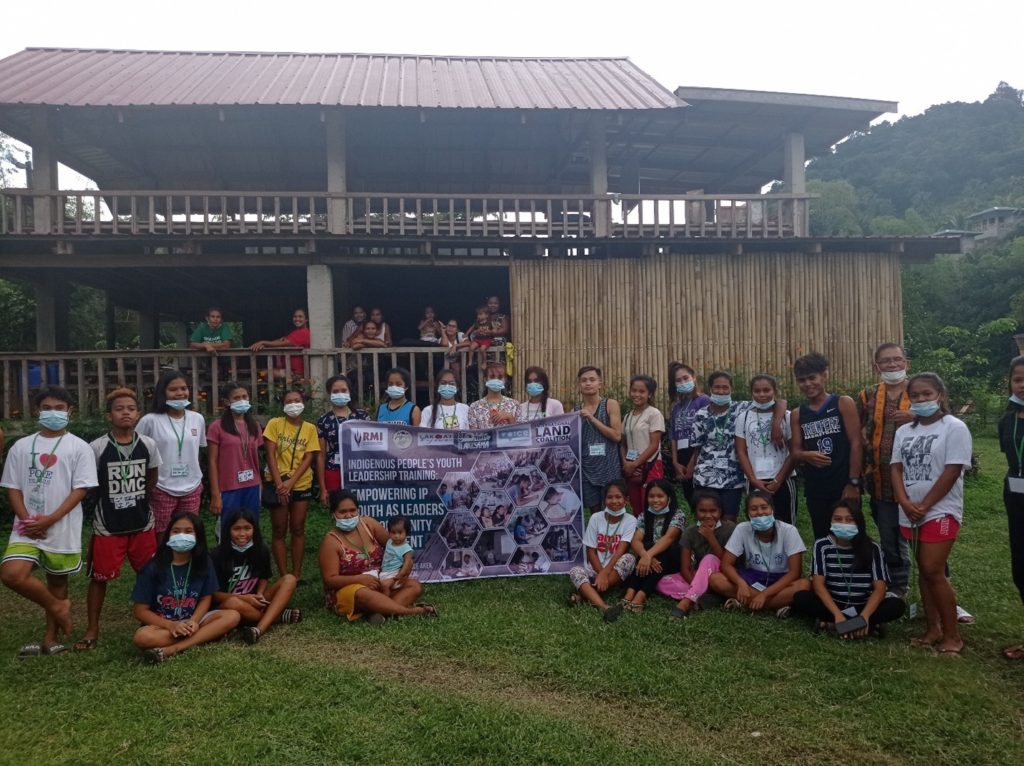
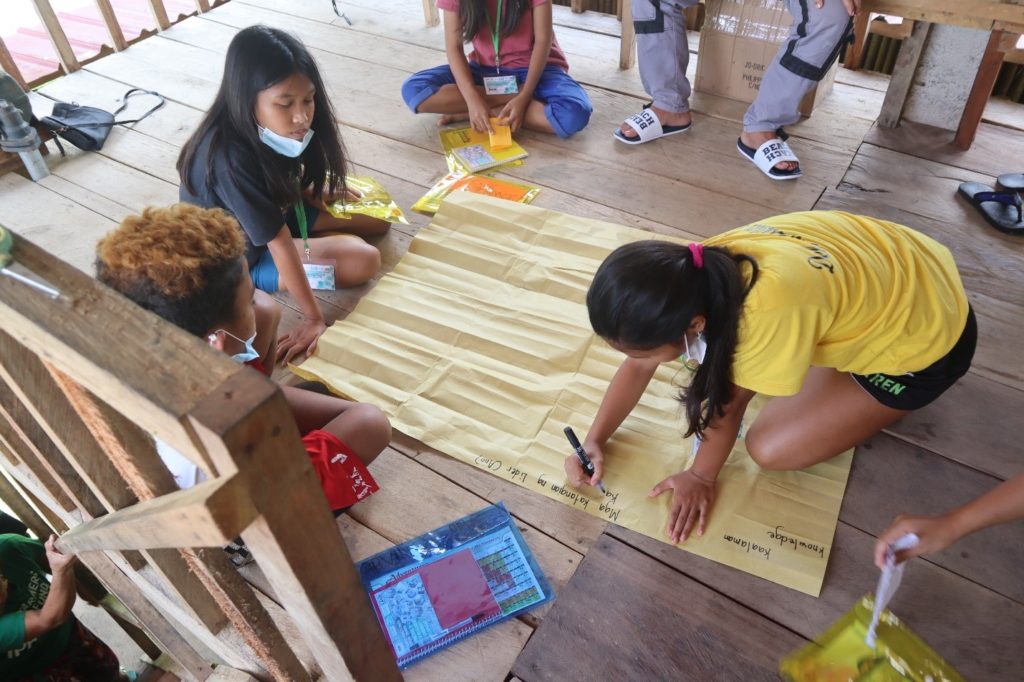
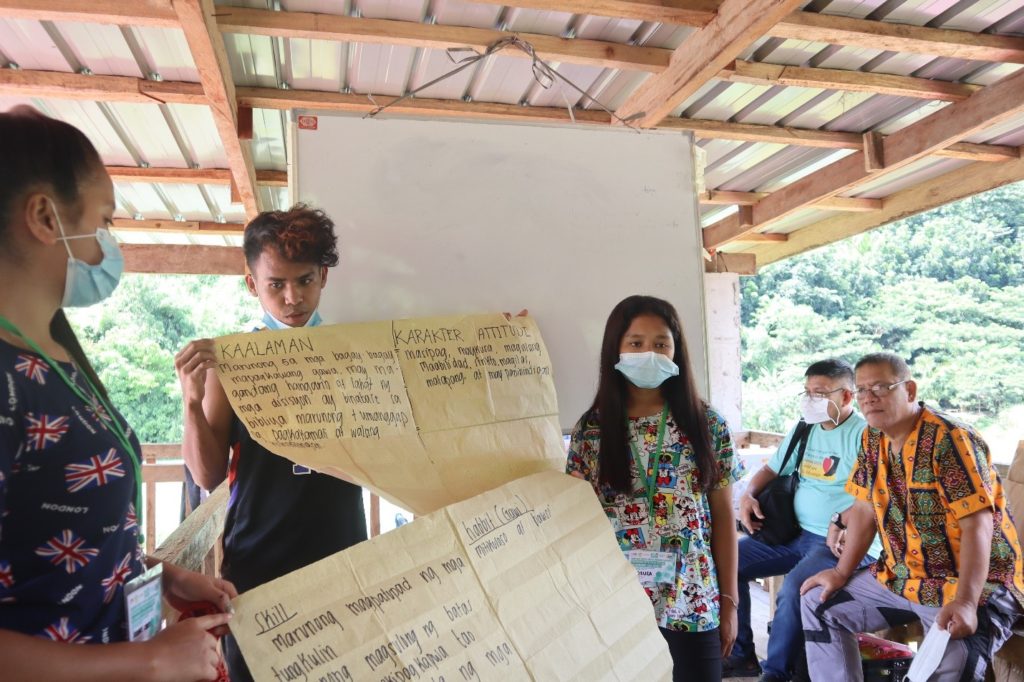
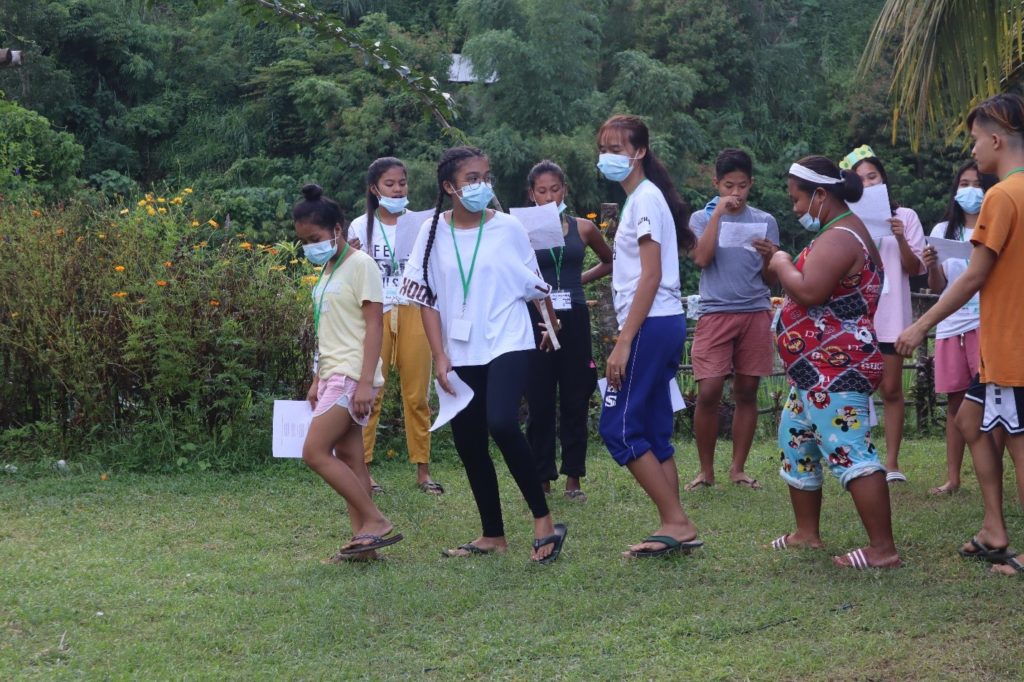
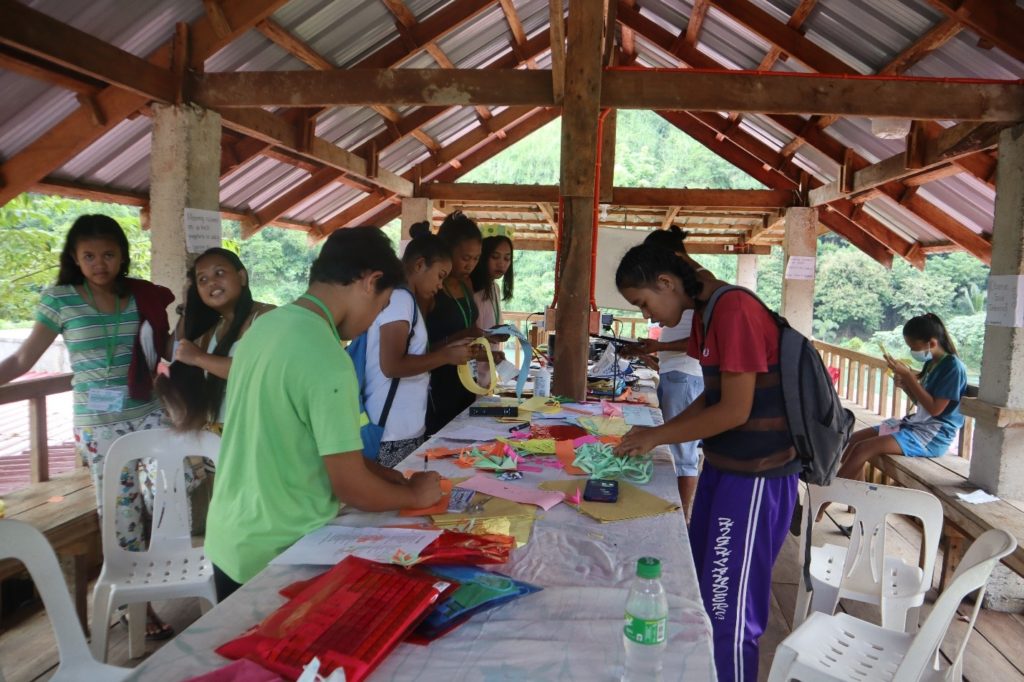

Comments are closed